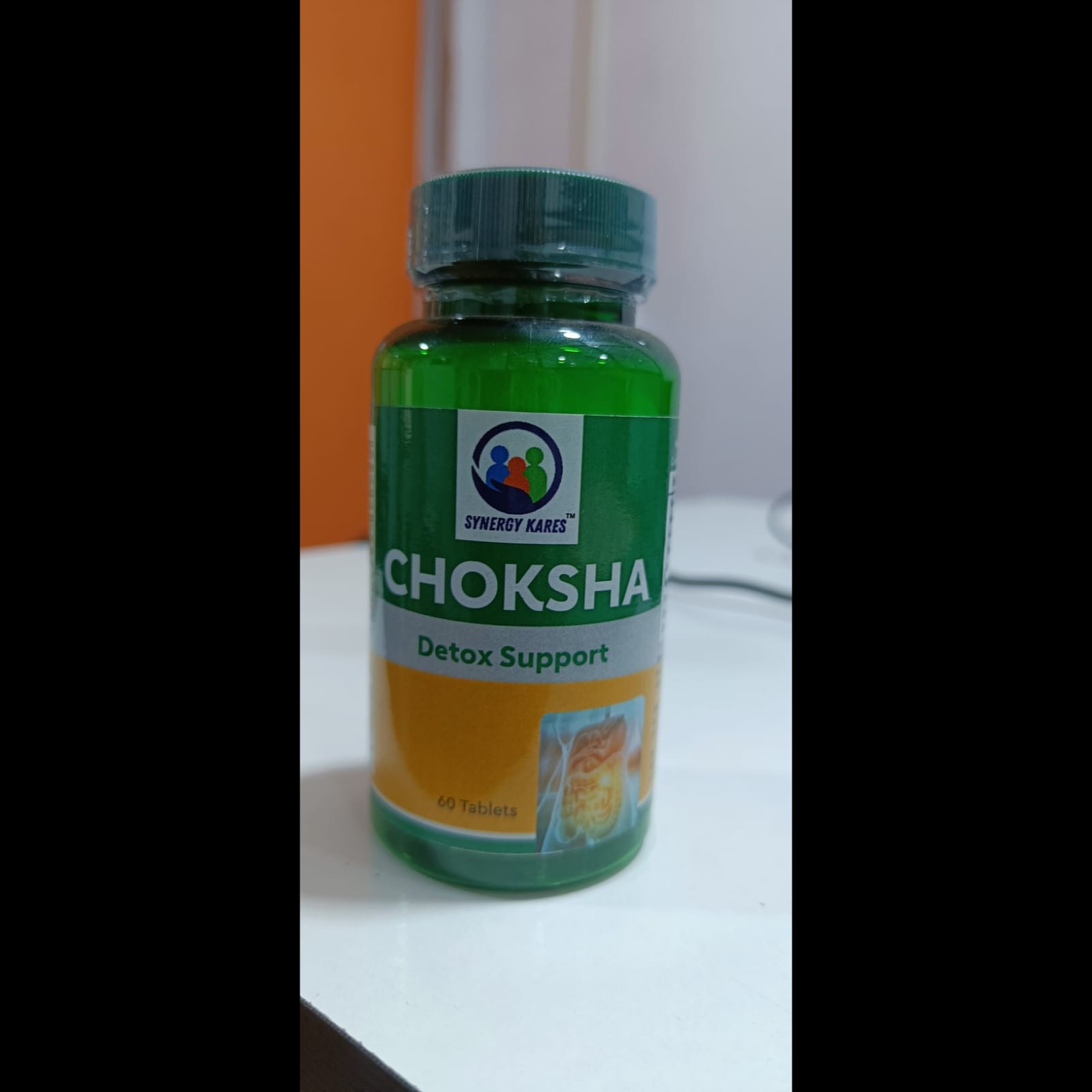



WHY DETOX Detox: Introduction, Importance, and Different Types Introduction Detoxification, commonly known as detox, is the process of eliminating toxins from the body to promote overall health and well-being. With increasing exposure to pollutants, processed foods, and unhealthy lifestyle choices, detoxification has become an essential practice for maintaining a healthy body. Detox can be achieved through various methods, including dietary changes, fasting, and specialized detox programs. Importance of Detox The human body has its natural detoxification systems, including the liver, kidneys, and lymphatic system, which help remove harmful substances. However, due to excessive consumption of junk food, alcohol, and exposure to environmental toxins, the body’s natural detoxification process can become overwhelmed. Detox programs support and enhance the body’s ability to remove toxins, leading to several health benefits: Boosts Energy Levels: Eliminating toxins can improve digestion and nutrient absorption, leading to increased energy levels. Improves Digestion: A detox helps in cleansing the digestive tract and promoting better gut health. Strengthens Immunity: By flushing out harmful substances, detox boosts the immune system, making the body more resilient to infections. Enhances Mental Clarity: Detoxifying the body can improve focus and reduce mental fatigue. Promotes Weight Loss: Many detox programs help in reducing bloating and supporting metabolism, aiding in weight loss. Healthy Skin and Hair: Removing toxins from the body results in clearer skin and stronger, shinier hair. Different Types of Detox There are various types of detox programs that cater to different health needs. Below are some of the most common types: 1. Juice Detox A juice detox involves consuming fresh fruit and vegetable juices for a specific period. This type of detox provides essential vitamins and minerals while allowing the digestive system to rest. It helps in flushing out toxins, improving digestion, and boosting immunity. 2. Water Detox Water detox involves drinking plenty of water infused with ingredients like lemon, cucumber, mint, or ginger. It helps in hydrating the body, improving kidney function, and flushing out toxins effectively. 3. Herbal Detox This detox includes consuming herbal teas or supplements made from detoxifying herbs such as dandelion, turmeric, ginger, and green tea. Herbal detox aids liver function, reduces inflammation, and improves digestion. 4. Dietary Detox A dietary detox focuses on eliminating processed foods, sugar, caffeine, and alcohol while consuming whole, nutrient-rich foods. It enhances overall well-being and reduces inflammation in the body. 5. Colon Cleanse Detox This type of detox aims at flushing out waste and toxins from the colon through methods like fiber-rich diets, enemas, or colon hydrotherapy. It helps improve digestion and relieve bloating. 6. Liver Detox The liver is the primary organ responsible for detoxification. A liver detox includes consuming liver-friendly foods like garlic, beets, leafy greens, and turmeric, along with avoiding alcohol and processed foods. 7. Digital Detox While not related to physical toxins, a digital detox involves reducing screen time and social media usage to promote mental health and reduce stress levels. This detox improves sleep, focus, and overall well-being. Conclusion Detoxification is an essential practice to maintain good health and prevent various diseases. Different types of detox cater to different health needs, and choosing the right one depends on an individual’s lifestyle and goals. Incorporating detox methods into daily routines can lead to better energy levels, improved digestion, enhanced immunity, and overall well-being. However, it is always advisable to consult a healthcare professional before starting any detox program to ensure it aligns with individual health requirements.
We hate spam too.